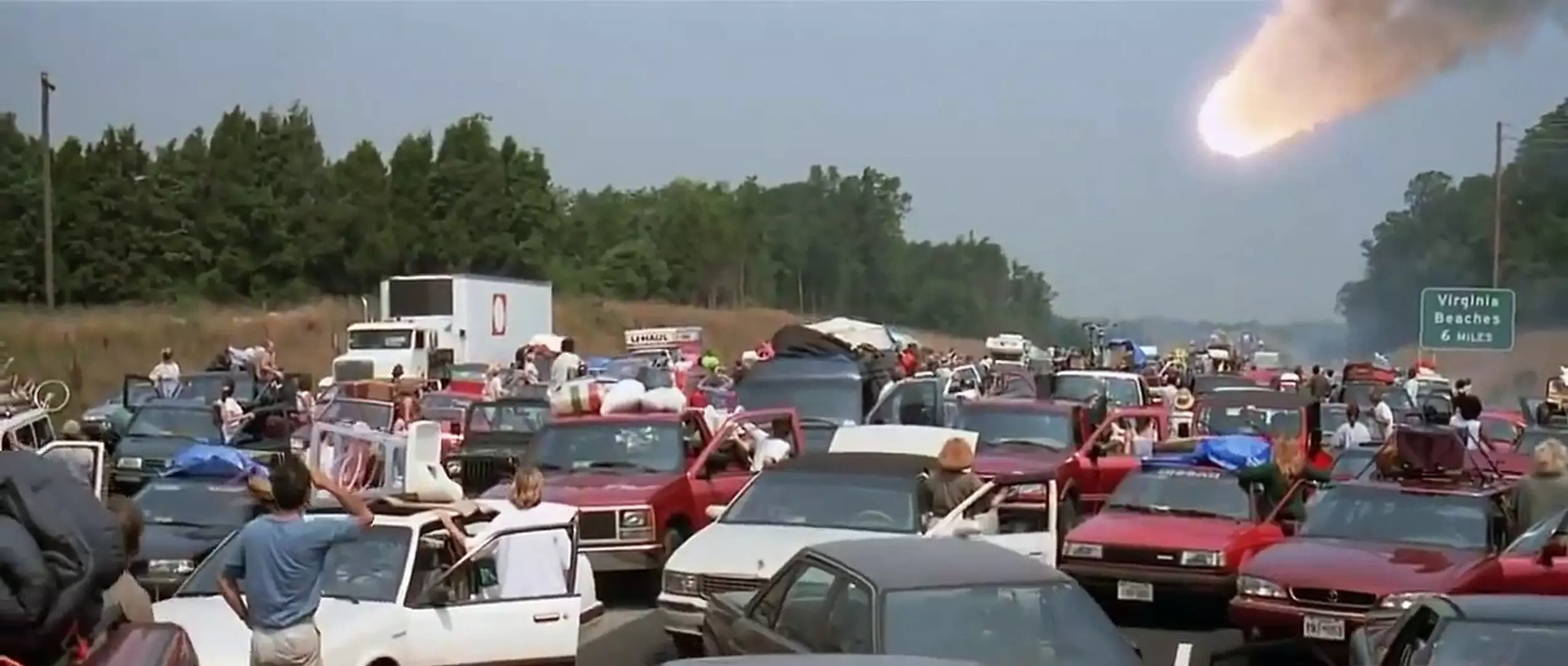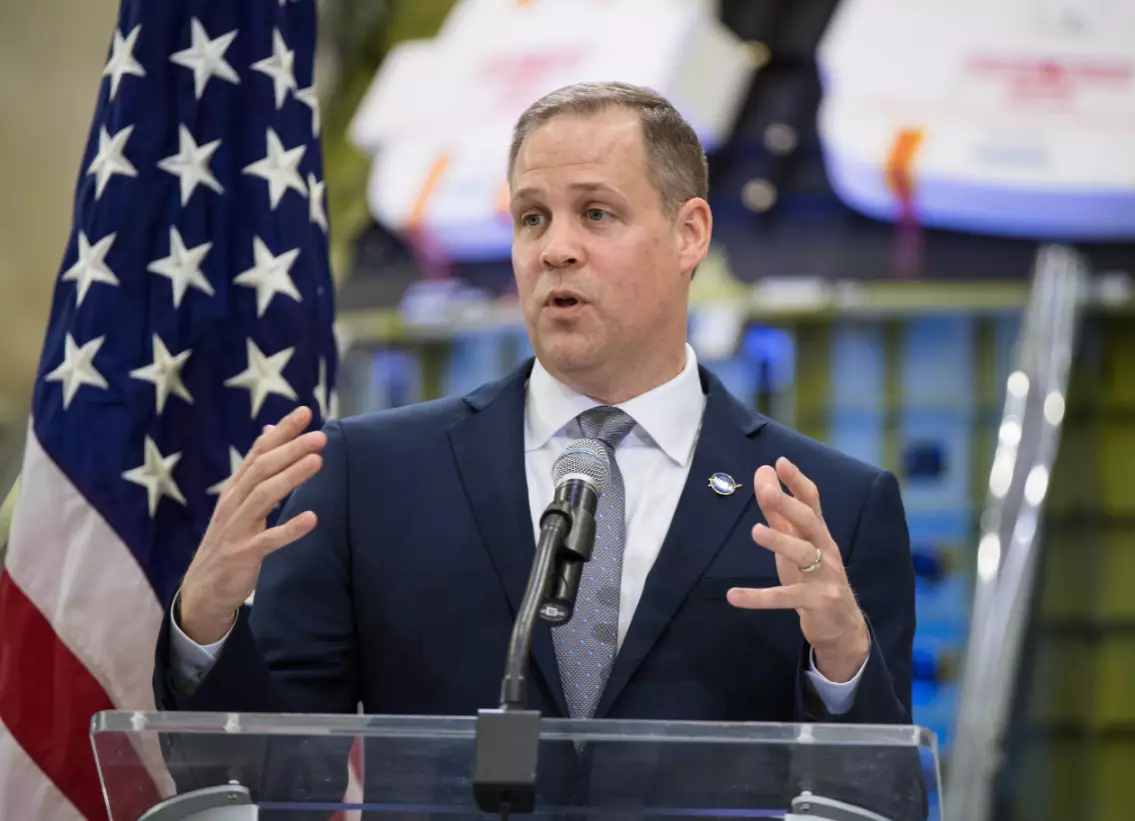
NASA administrator Jim Bridenstine has warned the globe that it needs to prepare for the prospect of a potentially deadly asteroid colliding with Earth - saying it's not something that's merely the stuff of big-budget Hollywood films.
During a keynote address marking the opening of the 2019 Planetary Defense Conference in Washington, DC, Bridenstine said we should be strengthening our planet for an asteroid impact.
"We have to make sure that people understand that this is not about Hollywood, it's not about the movies," Bridenstine said at the conference.
Advert
"This is about ultimately protecting the only planet we know, right now, to host life and that is the planet Earth."

He added: "These events are not rare, they happen."
Bridenstine's words come as NASA teams up with the Federal Emergency Management Agency and others to conduct a defence drill at the bi-annual conference, which runs until 3 May.
Advert
The drill will simulate what it would be like if an asteroid was heading straight for our planet.
It will involve a hypothetical (we repeat: HYPOTHETICAL; this is not a real scenario) asteroid, thought to measure 100-300m in size, which has a very small likelihood of smashing into Earth on 29 April 2027.
"These exercises have really helped us in the planetary defence community to understand what our colleagues on the disaster management side need to know," said Lindley Johnson, NASA's planetary defence officer.
"This exercise will help us develop more effective communications with each other and with our governments."

During his keynote speech, Bridenstine also referred to the Chelyabinsk Event, which saw a meteor measuring around 65ft wide enter Earth's atmosphere over Russia in 2013.
Advert
Exploding over the city of Chelyabinsk, the meteor released a shockwave that not only damaged more than 7,200 buildings, but also injured more than 1,500 people.
On the same day, there was also an asteroid known as 'Duende' that passed near Earth.
"We are fortunate that it missed," Bridenstine said.
Duende is expected to pass by Earth again in 2123.
Advert
Incidents like the Chelyabinsk Event are thought to occur every 60 years, but according to Bridenstine, they've happened three times in the past 100 years.
"I wish I could tell you these events are exceptionally unique, but they are not," he added.
Bridenstine explained that NASA is working to detect and track 90 percent of nearby asteroids measuring 459ft or larger, that could cause fatal damage upon impact with Earth.
Featured Image Credit: PA